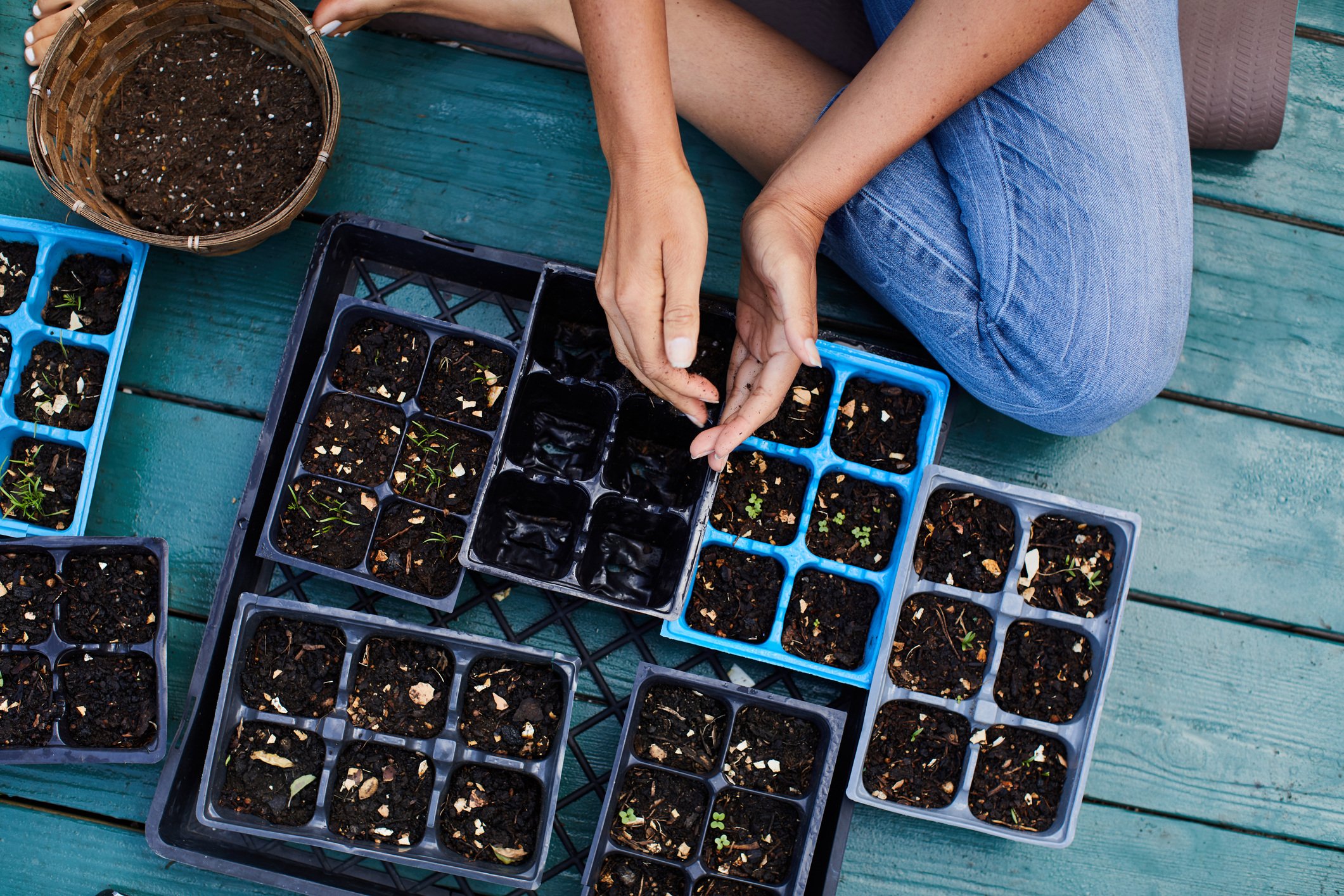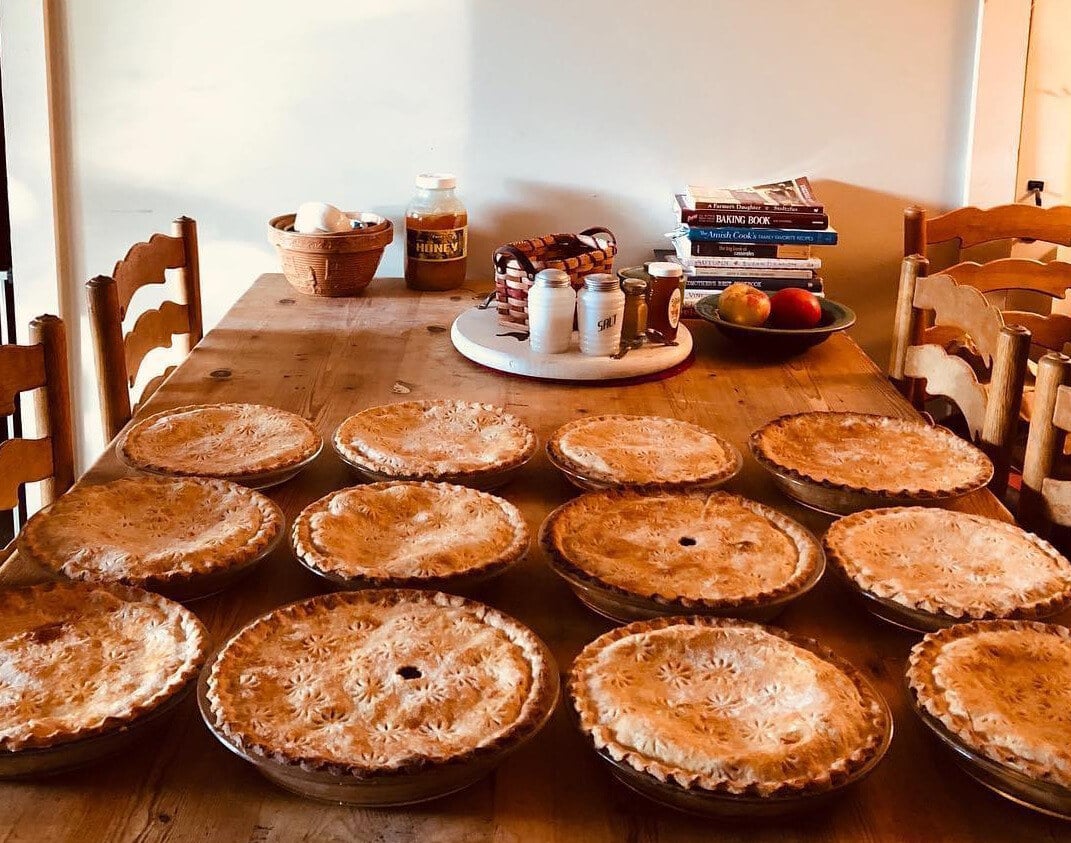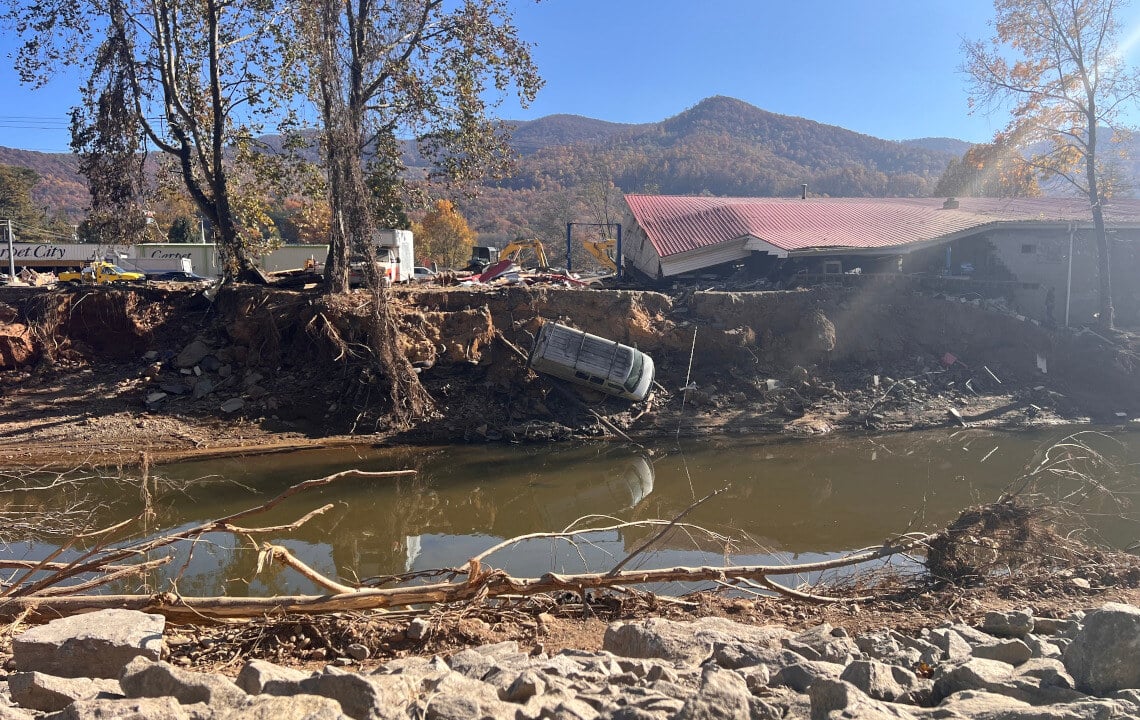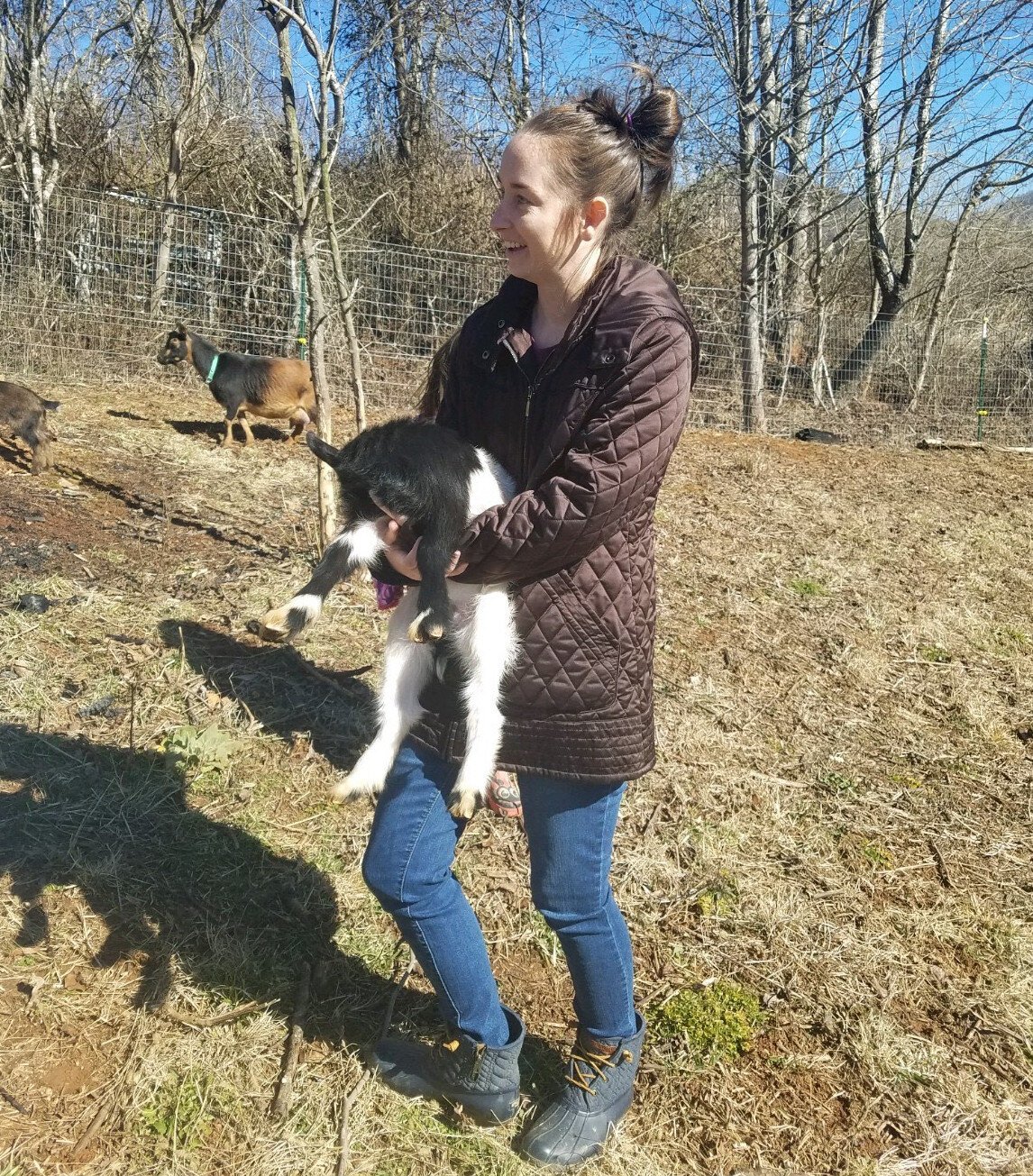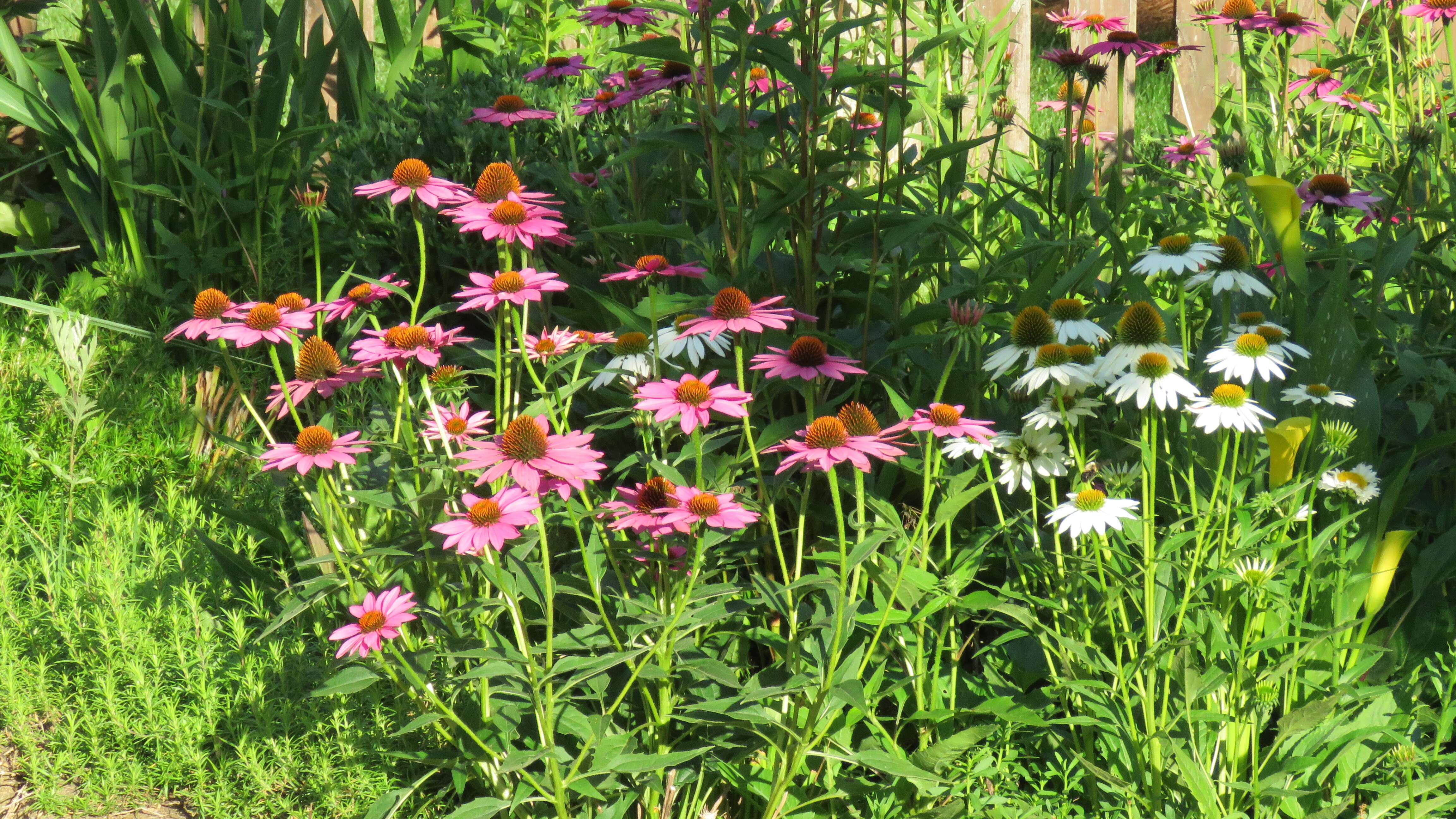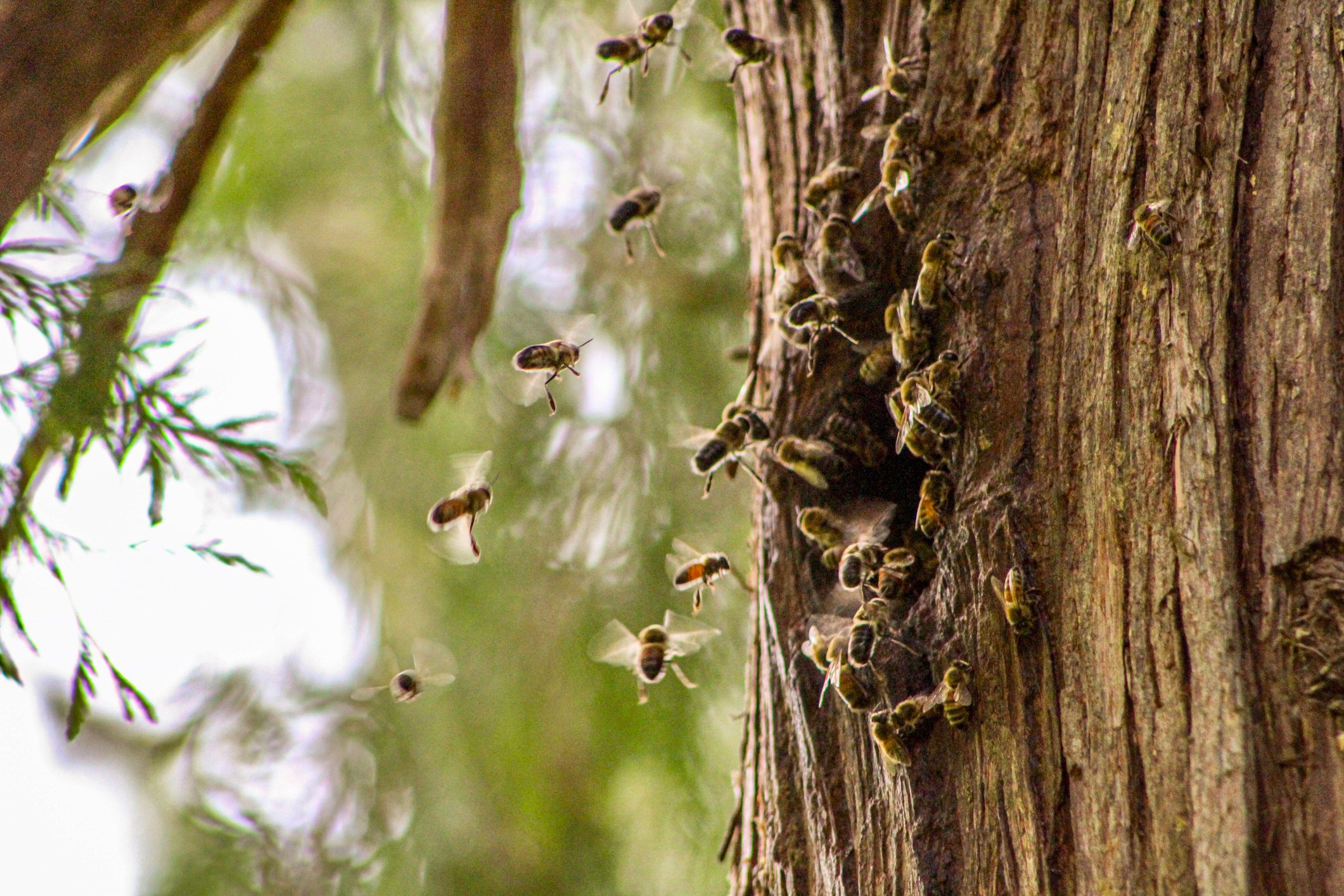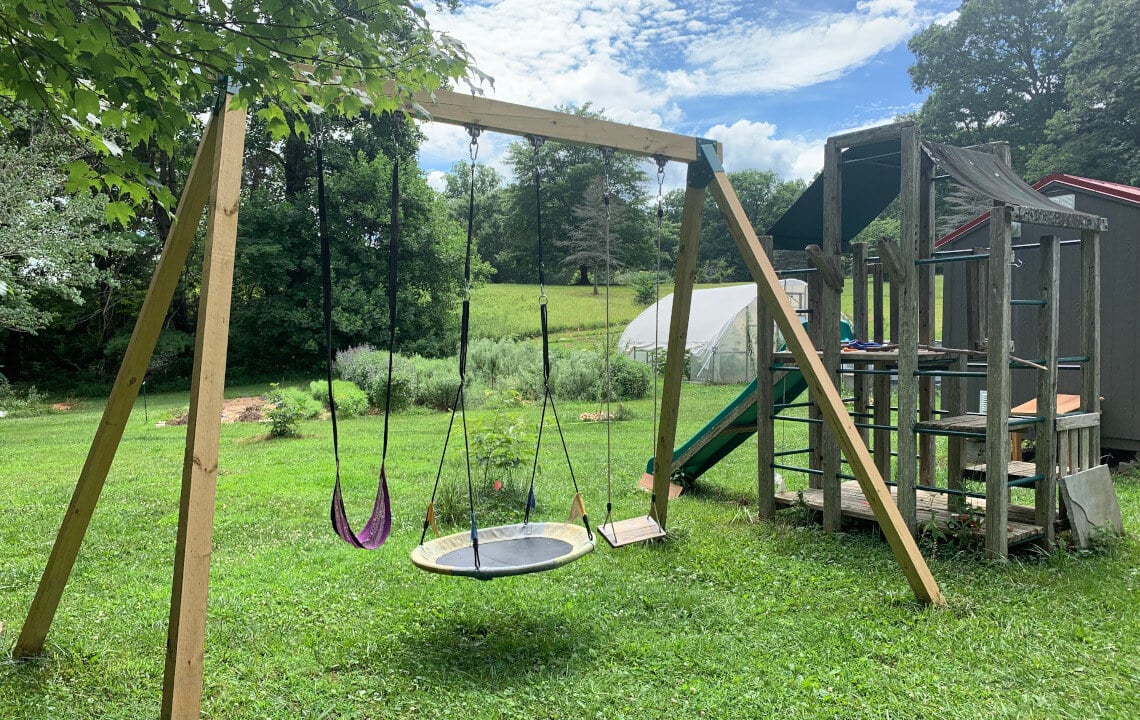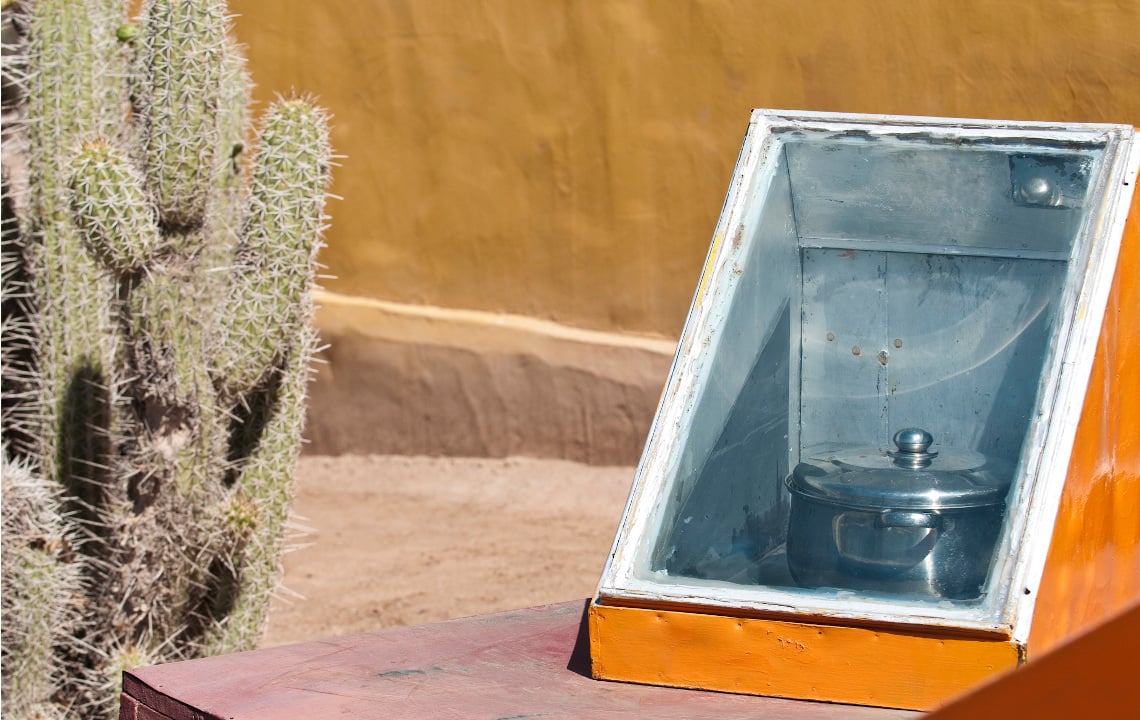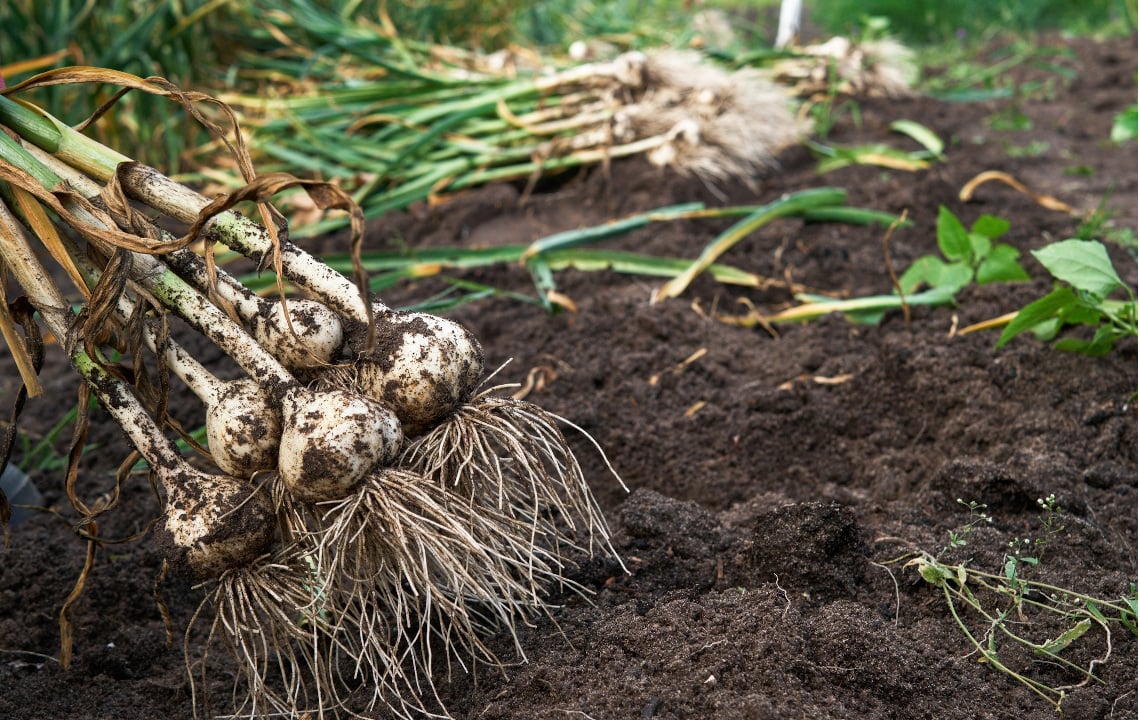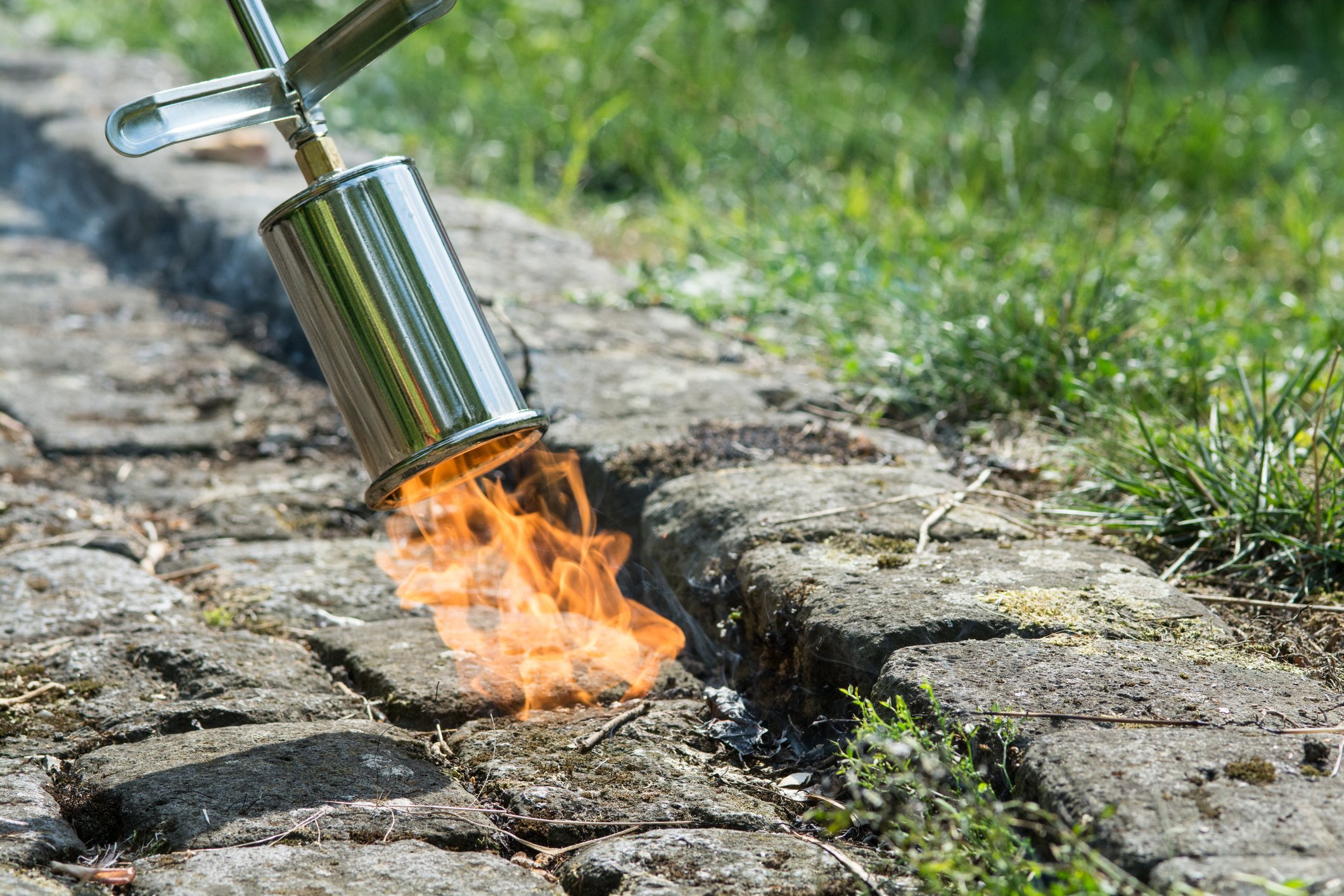Alpacas are herd animals that are domesticated relatives of the camel family. They were originally located in South America (primarily Peru, Chile and Bolivia), but due to their unique hair quality and gentle nature, they are kept in areas though-out the world today. Due to their disposition and unique hair, they are excellent animals for the rural resident. They are a good resource for the hobbyist, or they offer an interesting source of revenue due to the large amount of fleece that they provide when sheared.
.jpg?width=400&name=IMG_4970%20(2).jpg) Ms. Pat Waters is retired and lives near Charlotte, NC. She is retired from a business that she created by developing cross-stitch patterns, and specifying thread brand and colors. She and her husband became interested in Llamas and Alpacas about 20 years ago, and she has a wealth of knowledge about them. They purchased their first Llamas at a Farmer’s Day Festival and she has been “hooked” ever since.
Ms. Pat Waters is retired and lives near Charlotte, NC. She is retired from a business that she created by developing cross-stitch patterns, and specifying thread brand and colors. She and her husband became interested in Llamas and Alpacas about 20 years ago, and she has a wealth of knowledge about them. They purchased their first Llamas at a Farmer’s Day Festival and she has been “hooked” ever since.
Due to the smaller size of Alpacas (approximately 150 lbs.) as opposed to Llamas (290 to 440 lbs.), Ms. Water made a transition to Alpacas. She had found them to be gentle and easy to manage.
Ms. Waters currently has 8 Alpacas, five of which are pregnant. The gestation period for Alpacas is approximately 11 months. The prices for Alpacas have ranged up to the mid-six figures in the past, but the average price today is in the range of $1,500 to $3,000.
Alpaca Colors Trends
She told me that Alpacas vary in color and she currently has two white, two dark brown and two tan colored animals. She plans to sell the offspring of the five pregnant females that she owns unless one is black. If that occurs, she will keep it. She had one born last September and one in May of 2021. One was a white male, which is rare, and resulted in her deciding to keep it.
Fleece Details
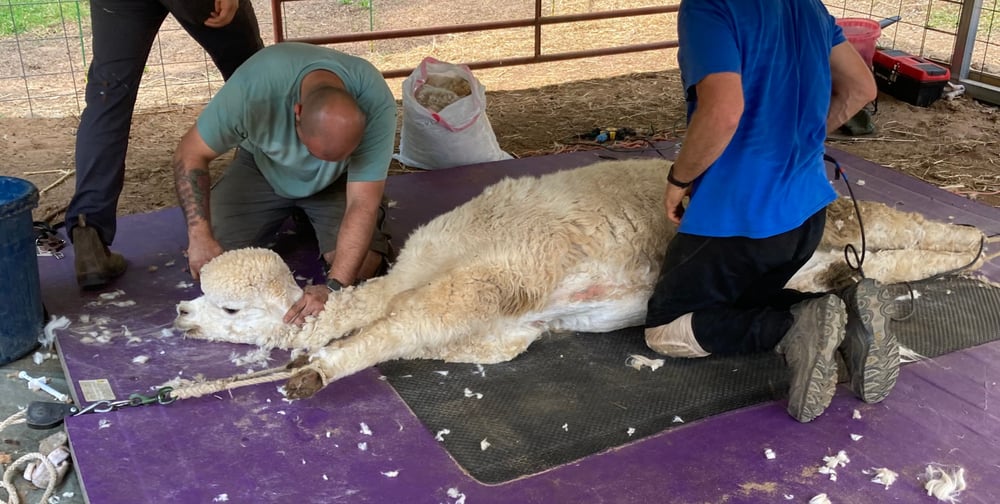
Alpacas have valuable fleece and the use of histograms can plot the micrometer averages of fibers to evaluate the quality of the fleece. This technique is used to place a relative value on the animal’s fleece. Alpaca fleece is of fine diameter, soft, lustrous, lightweight, strong, warm and resists rain and snow.
Some commercial owners shear Alpacas every two years, but Ms. Waters schedules a professional shearer (pictured) for annual shearing in the late spring (April, May or June). This allows the animals to be better adapted to the warm climate. She advised that fleece may be sold, or sent to a mill and the owner provided with finished products such as socks, scarves or sweaters. She often used such items as gifts for friends and family.
Registration, Characteristics and Diet
Ms. Waters advised that all of her animals are registered and part of the registration process involves having blood samples drawn and sent for testing to verify genetics of the animal.
Although the number of Alpacas and Llamas in the U. S. have diminished in recent years, there is still a healthy population, and the Alpaca Owner’s Association can provide details about the availability, care and value of these animals.
The life span of Alpacas is 15-20 years, but Ms. Waters said that her experience is in the 15-year range. They are very susceptible to overheating. They originally came from areas of high elevation and cooler temperatures. They can succumb to heat stroke if they are exposed to extreme heat.
Although they are herd animals, it is advisable to keep the males separate from the females. As a part of her last purchase of animals, she had to contractually agree to keep the male separate from the females. Ms. Waters has a three-acre pasture, partly open and part wooded. She has also installed a shelter that they can access in rainy conditions and it is fenced so that they may be contained when necessary.
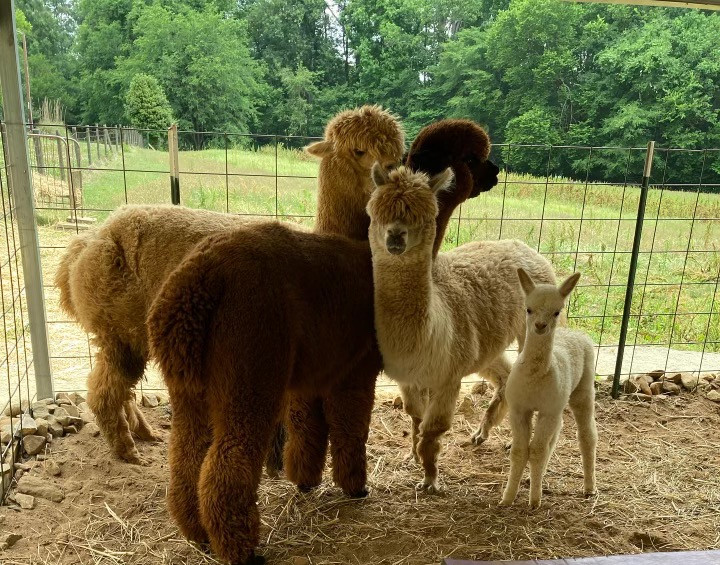
In addition to grazing on the pasture grass, she supplements their diet with Alpaca pellets and a product called Alpaca/Llama Crunch. This provides the nutrients for a healthy diet. She provides two cups of the supplements, twice daily.
It's also interesting to note that Alpacas are often used by mountain trail guides due to their unique foot structure. They do not have hooves, like horses, but a softer sole that does not damage steep trails resulting in less erosion. Ms. Waters even mentioned a golf course she was aware of used them as caddies. Talk about a niche specialty!
If you are looking for a unique hobby or an interesting way to create income, you might want to consider Alpacas. Ms. Waters has been involved with Alpacas and Llamas for 20 years. She seems to be as excited today as ever and is looking forward to continuing this unique activity.


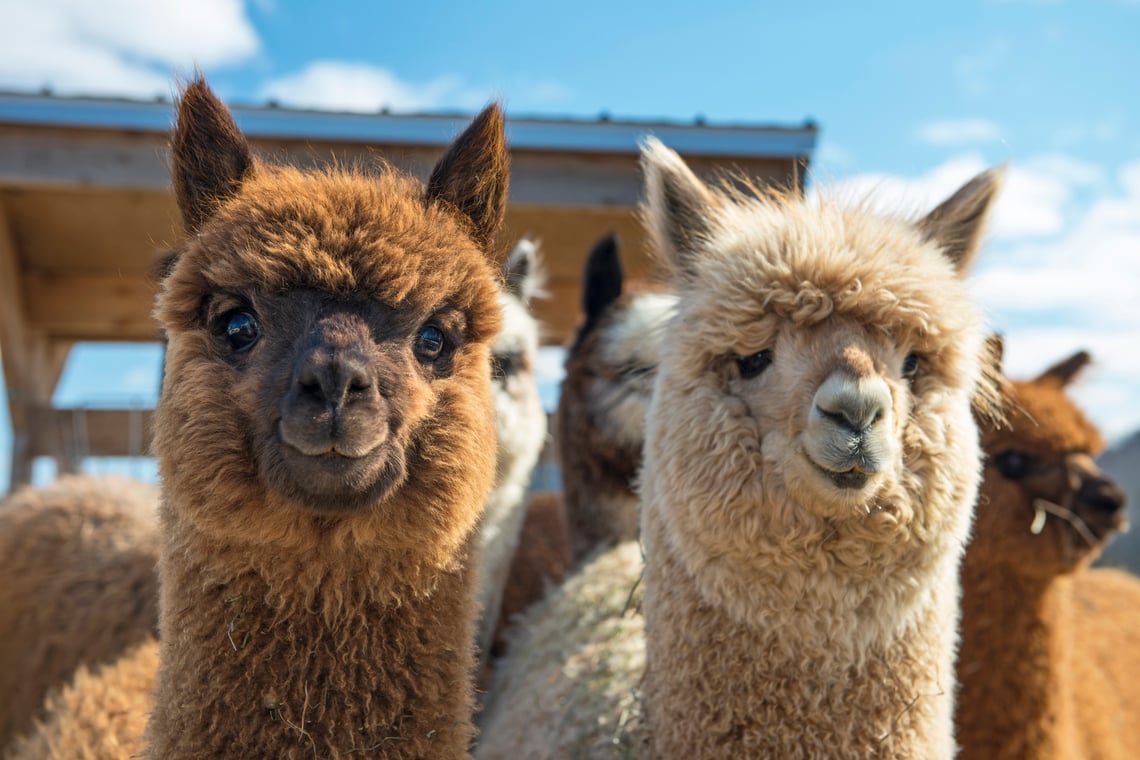
.jpg)
